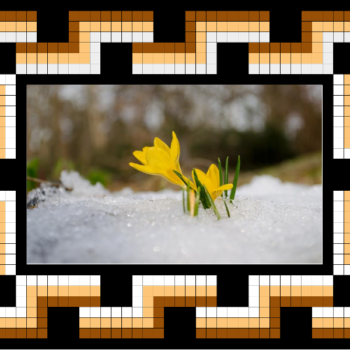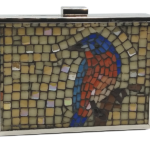August in the Julian Calendar
In 46 BC. Julius Cesar instaured a 365-day solar calendar (plus a 366 every four years). Our modern western calendar is based upon it.
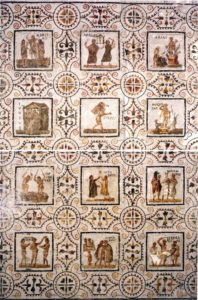
AUGUST
Before the adoption of the Julian calendar, August was the sixth month of the year and for this reason had the name of sextus (“sixth” in Latin). In 8 BC, the Romans renamed him Augustus to pay homage to the 1st Emperor Augustus.
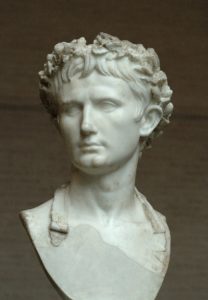
The month of August included a number of rural festivals, including:
- Vinalia rustica (August 19), which inaugurated the harvest,
- Consualia (August 21), in honor of the ancient Roman country god Consus, protector of agriculture,
- Volcanalia (August 23), or festival of Vulcan, god of fire and volcanoes. She was standing at the time of harvest, to ward off fires,
- Opalia (August 25), given as a tribute to Ops, goddess of abundance and wife of Saturn. She celebrated the harvest.
- Volturnalia (August 27), propitiatory ritual rendered to Vulturnus, god of the east wind, hot and humid, to spare fruit crops.
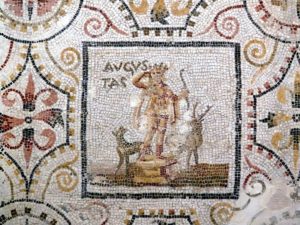
Diana, goddess of hunting, illustrates the month of August, during which she is celebrated (13th). She is represented with the attributes of her Greek counterpart Artemis :
- Her hunting weapons : a gold bow and silver arrows
- Her animals : a dog and a deer.
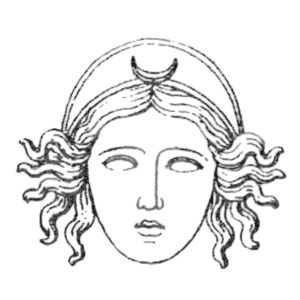
Twin sister of Apollo, god of music and the Sun, Diane is associated with the Moon and, for this reason, is often depicted with a crescent moon on her head.

